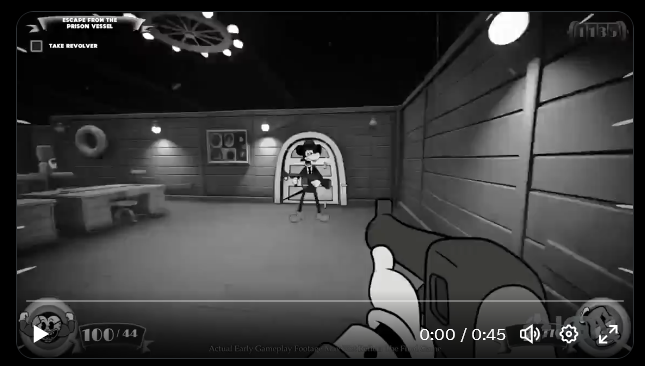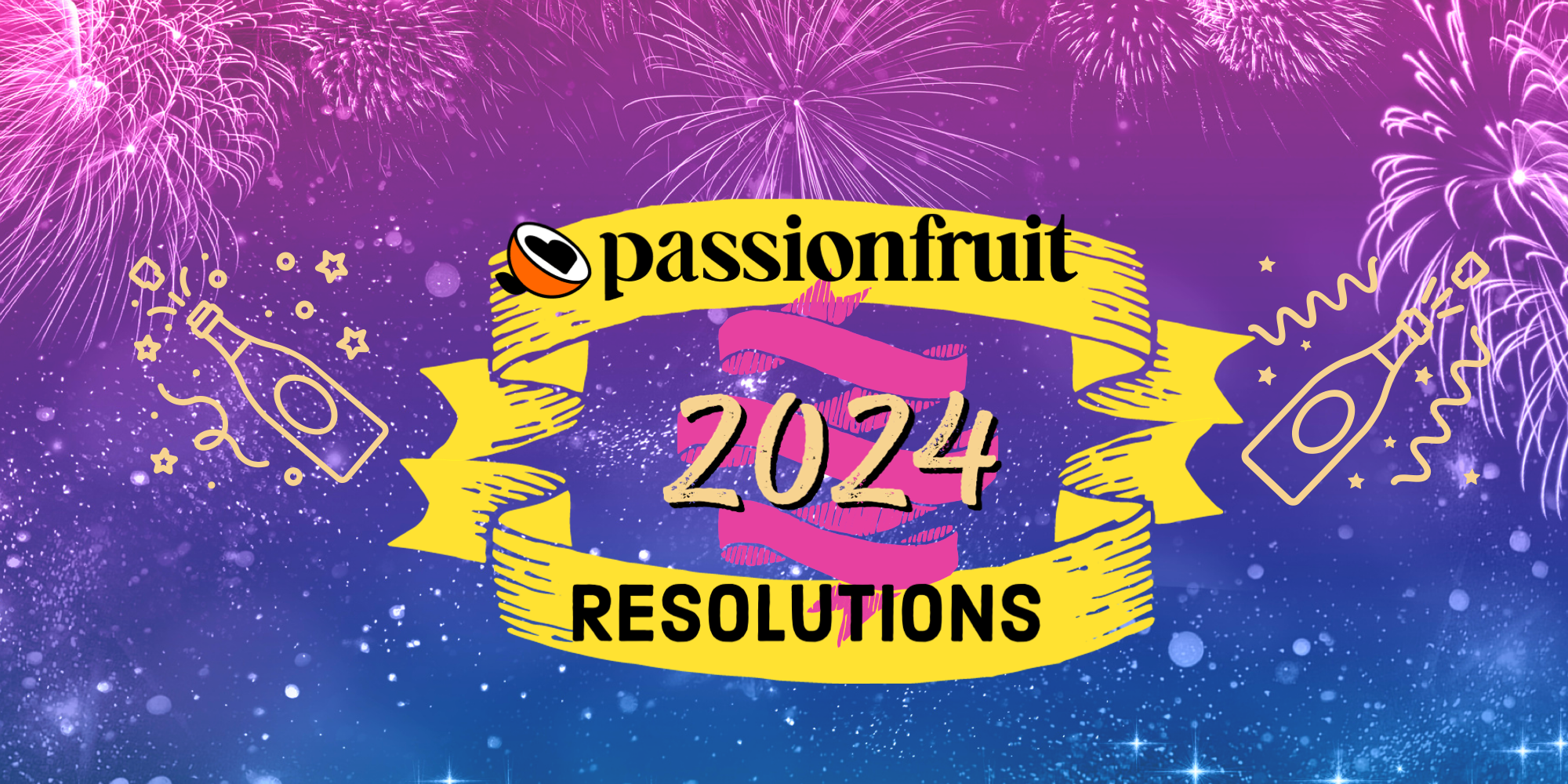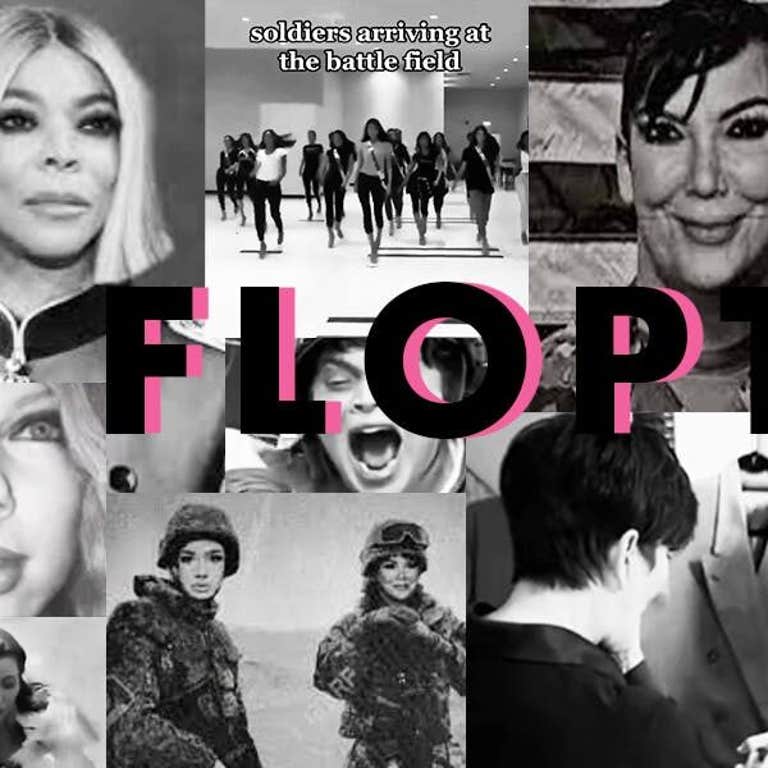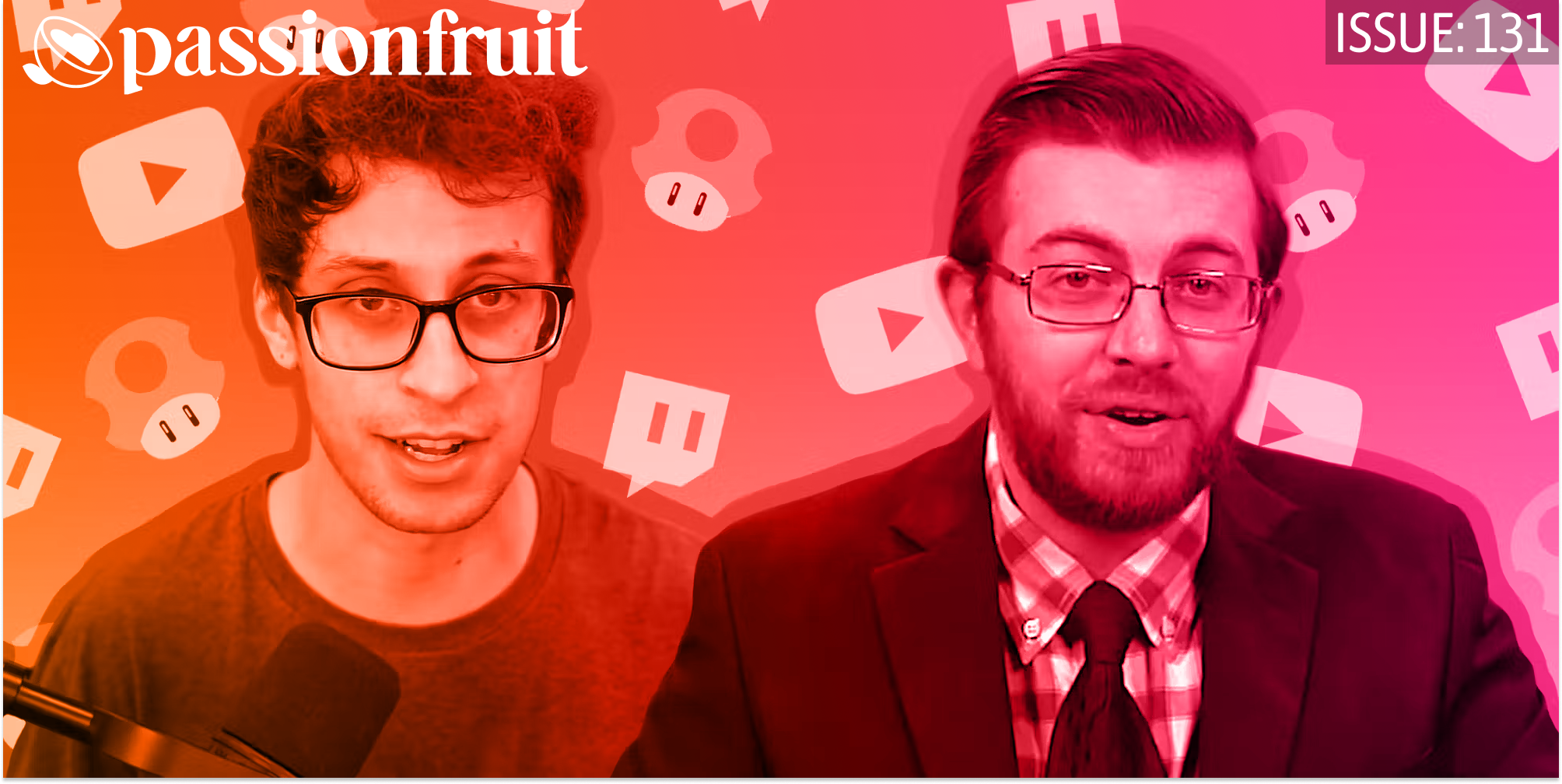CREATOR NEWSLETTER
Issue #199 | Jan. 2, 2024
Happy New Year, one and all! Hope you all had a good holiday, or, as is more likely for self-employed creators, a solid 45 minutes of family time watching the clock countdown before high-tailing it back to whatever spare room you were using as a makeshift studio/editing bay.
There’s not hard data to back up the amount of time off taken in an industry that’s not even recognized by the U.S. Census Bureau, but just a cursory Google search reveals a depressing amount of articles from major news orgs and brands about how freelancers can do the “holiday hustle,” which is not the fun, Christmas equivalent of the hokey-pokey that it sounds.
According to Adobe, self-employed freelancers should be “padding your bank account with 6 to 12 months’ worth of income.” Oh, okay. Well, here’s the upshot: Business Insider reported on a recent survey of over 689 creators, and the majority (51%) make under $500 a month, so that’s only… $6,000. Which, after taking out a third for taxes, should manage to earn creators a good week off of work sometime around June 2025. Now, that’s provided they manage not to spend a single dollar of their income in the next 18 months and only account for the padding against the potential lost revenue, not the costs of the vacation itself.
Now, you could argue that the company behind Premiere and Photoshop is speaking to a specifically non-creator audience, as evidenced by their sources: established freelancers working on corporate campaigns for Target, Adidas, Lexus, and Apple. Not brand sponsorship deals, like the actual ad campaigns for car companies. “We can’t have less than $40,000 in the account,” Juco Photo co-founder Julia Gardo told Adobe. “That is so we know we are able to pay ourselves out.” To get to that point, Gardo and her co-founder didn’t take vacations for the first three years after starting their business.
But very few of these “time off” articles apply to content creators (with one exception) whose work may involve direct contracts, but fall under third-party sponsorship agreements. These deals get handled outside of the creator’s control – through a platform like TikTok or the Matryoshka doll system of influencer agencies, ad networks and brand management services – in exchange for a cut of the profits. And that’s the best-case scenario: increasingly, we’ve seen seemingly legit enterprises like Kast Media, the Carter Agency, and Revolt parasitically attach themselves to creators big and small, scamming them out of millions of dollars every year.
Last year alone saw the creator space as one of the fastest-growing sectors, valued conservatively at $250 billion. But since creators are often individuals who don’t start out as LLCs, there’s very little in the way of FCC regulations or government oversight. Not for a lack of trying (shout-out to California), but complicating matters is the thorny issue of payments for underage creators. TikTok, YouTube, and Patreon have recently imposed age restrictions for monetizing on the platform itself, so kids must have a parent or guardian’s Ad Sense account to deposit the money or dive off-platform into the murky waters of sponsorship deals and risk the leeches.
There’s no easy answer for how creators can make a sustainable living in an industry run like a casino, but the very first step is some basic business literacy. Terms like “freelancer,” “contractor,” and “self-employment” are awkward and imperfect fits to describe a novel labor market generating this much revenue. “Sole proprietor of an LLC” may be equally ungainly in phrasing, but one worth exploring when dipping a toe into the internet’s monetization swamp.
– Drew Grant, Managing Editor
IN THE BIZ
- Legal experts predict that legislation aimed at protecting child influencers will grow exponentially in 2024.
- Social media activist Shaun King was banned from Instagram, alleging the ban was a result of his pro-Palestinian stance.
- YouTuber Tom Scott, who is known for educational videos and has over 6 million subscribers, has decided to step away from his content career.
- For those of you interested in film and TV (probably most of you), the Make-Up Artists and Hair Stylists Guild released their nominations for the top artists and looks of 2023.
THE DARK SIDE
YouTuber Coffeezilla’s Investigation Into Merch Company Revolt is Pretty Damning
Revolt, a merchandising company that has worked with big creators like MrBeast, is accused of owing creators thousands of dollars.
By Charlotte Colombo, Passionfruit Contributor
CULTURE
The Wonderful World of FlopTok
What began as a subsection of low-quality memes has become an intricate online society with its own island (Floptropia), citizens (Flops), and countless other world-building techniques.
By Charlotte Colombo, Passionfruit Contributor
WHAT WE’RE READING
- Dear creators, please stop being weird about Gypsy Rose Blanchard.🛑
- “No, spiders don’t want to mate with your viral body butter” (a good read for all you beauty creators in the audience).🕷️
- ‘In’ and ‘Out’ lists are very … ‘in’ right now.📝
- This as-told-to essay with a successful Substack creator. 📧
- 10 creators told the Washington Post how much money they really make. 👀
DISNEY MADE ME DO IT
Even if you’re not a Disney adult, you can probably appreciate all of the weird and horrible fan adaptations creators came up with after “Steamboat Willie” became public domain today. (P.S. For those tempted to make a fan edit, only certain versions of Mickey Mouse are fair game now, here’s a helpful thread on the distinctions if you’re interested.)
One of the most interesting things to come out of this development definitely is this first-person Mickey Mouse shooter … watch below at your own risk.


Copyright © 2022 Passionfruit, All rights reserved.
You are receiving this email because you signed up to get the latest tips, tricks,
and trends in the creator economy from Passionfruit.
Have an idea for our next big story or want to get featured? Email us at tips@passionfru.it
Don’t want to hear from us anymore?
Click here to unsubscribe
To view in your browser click here






